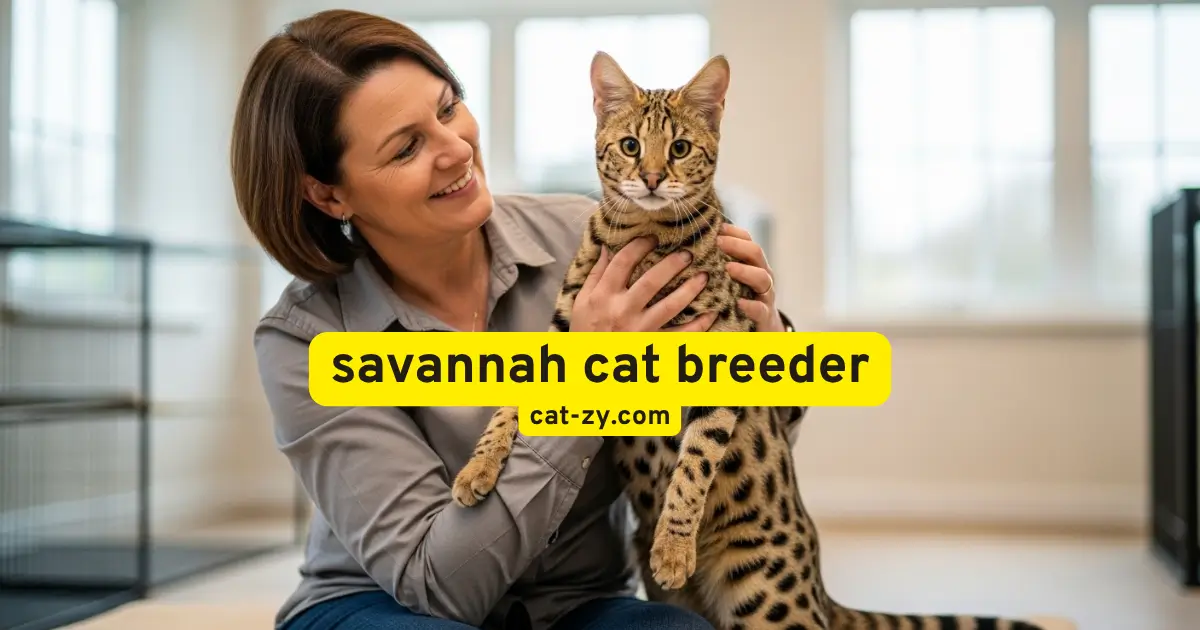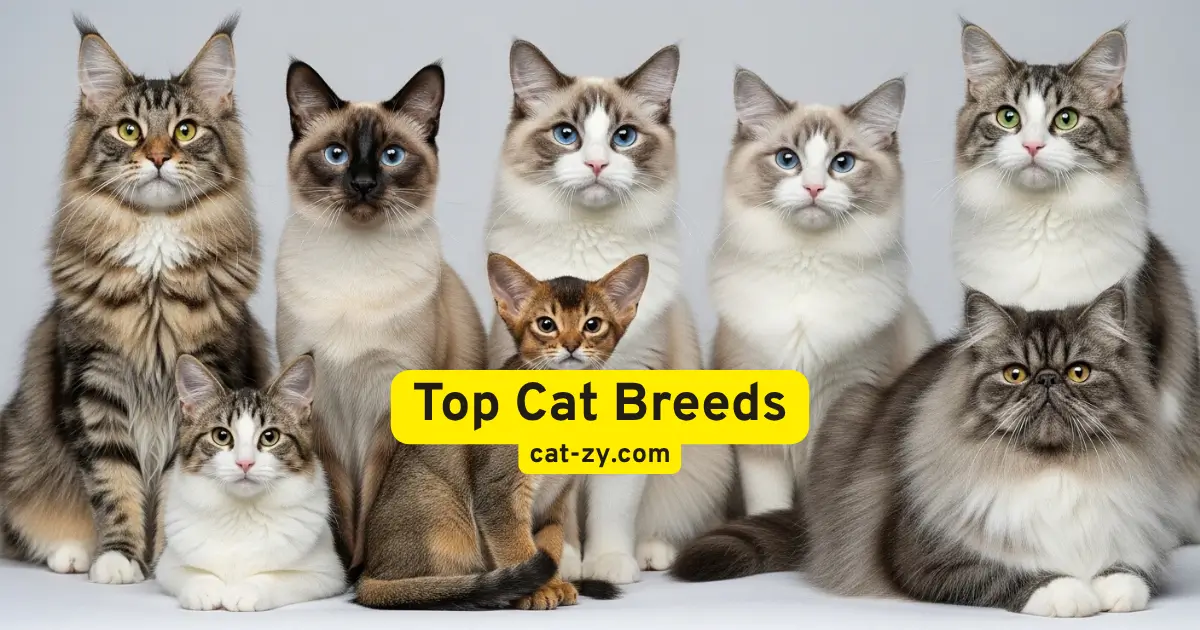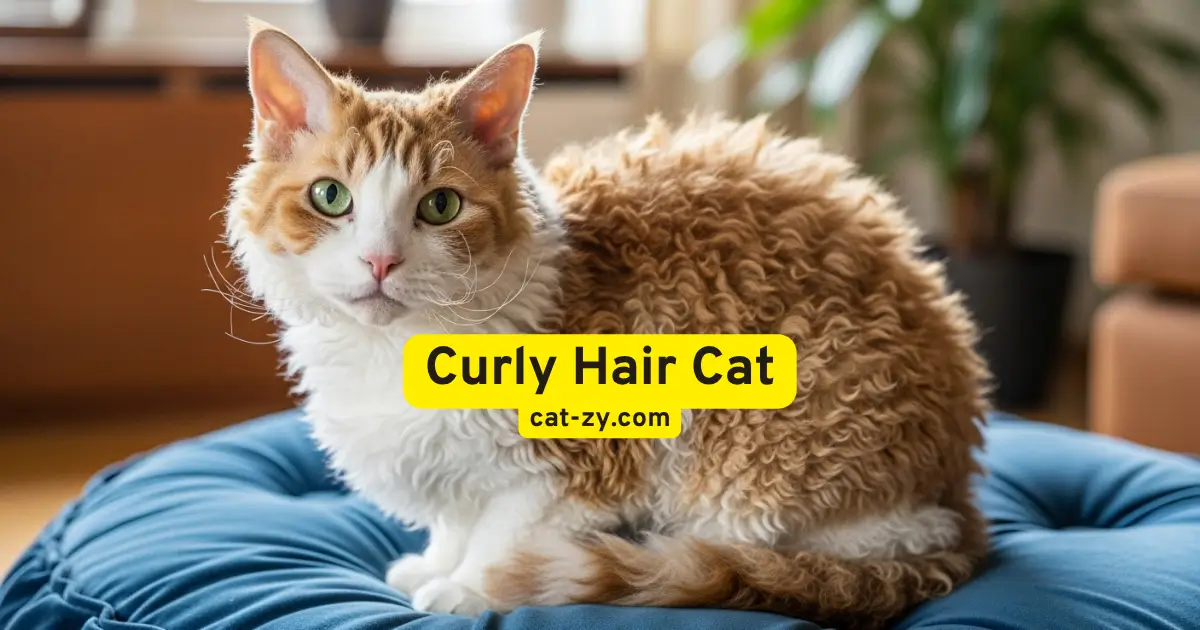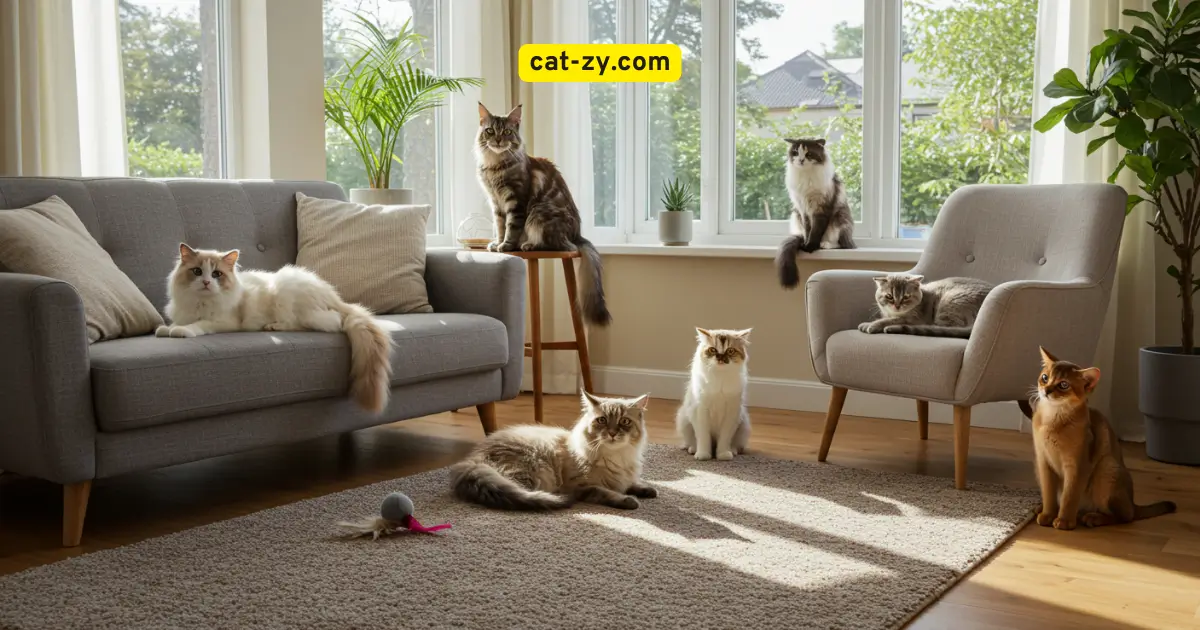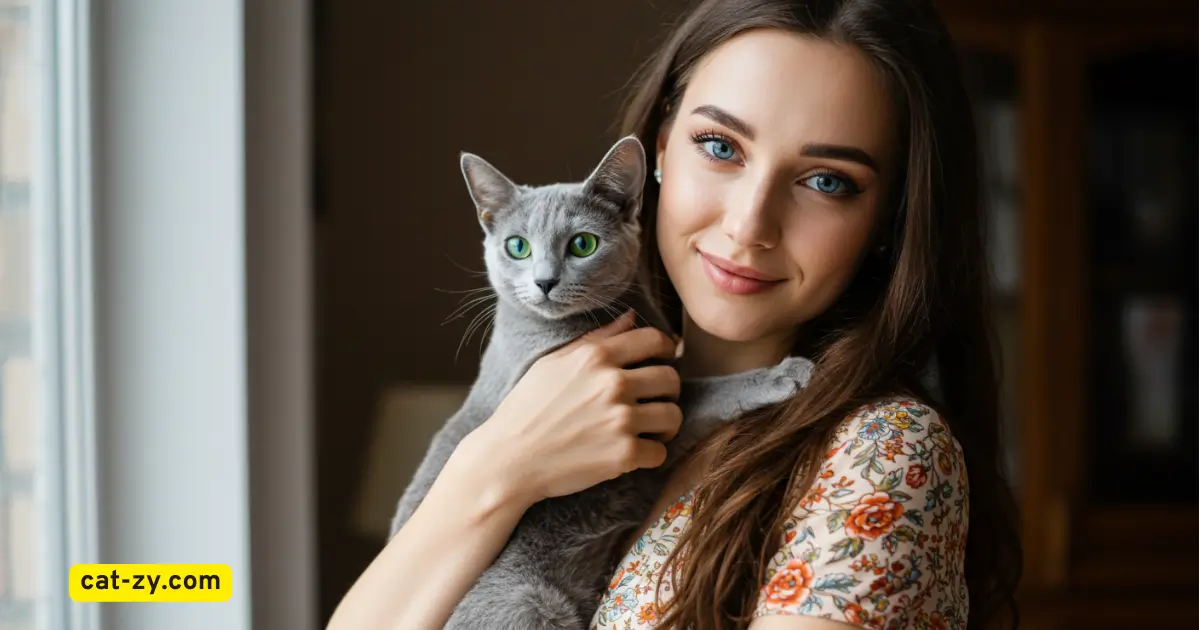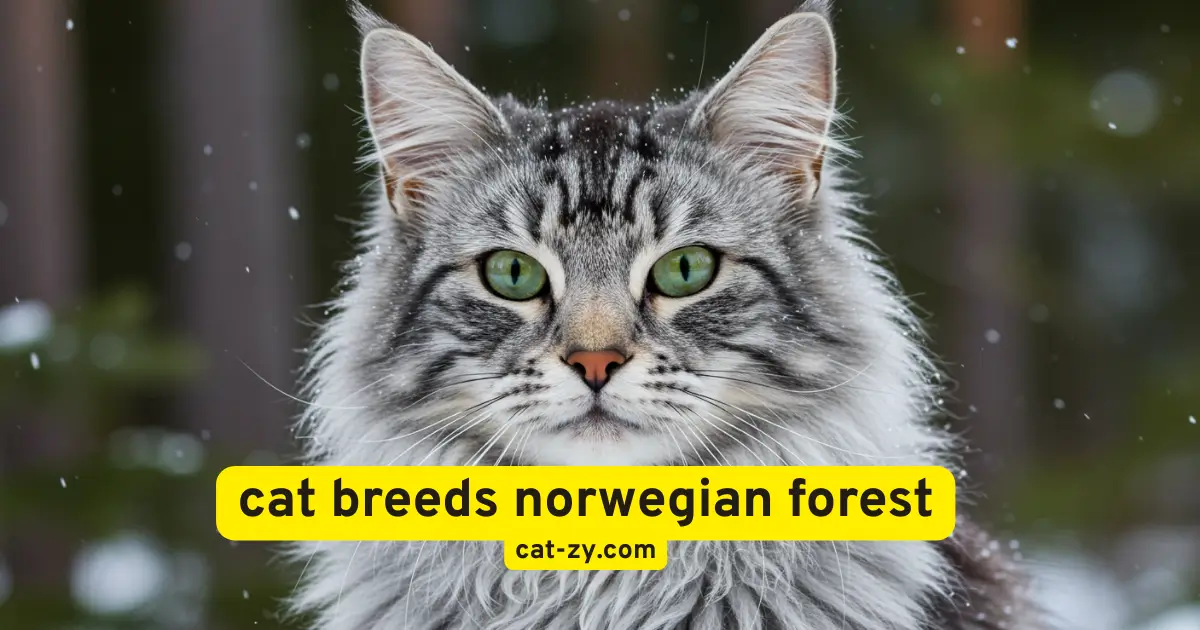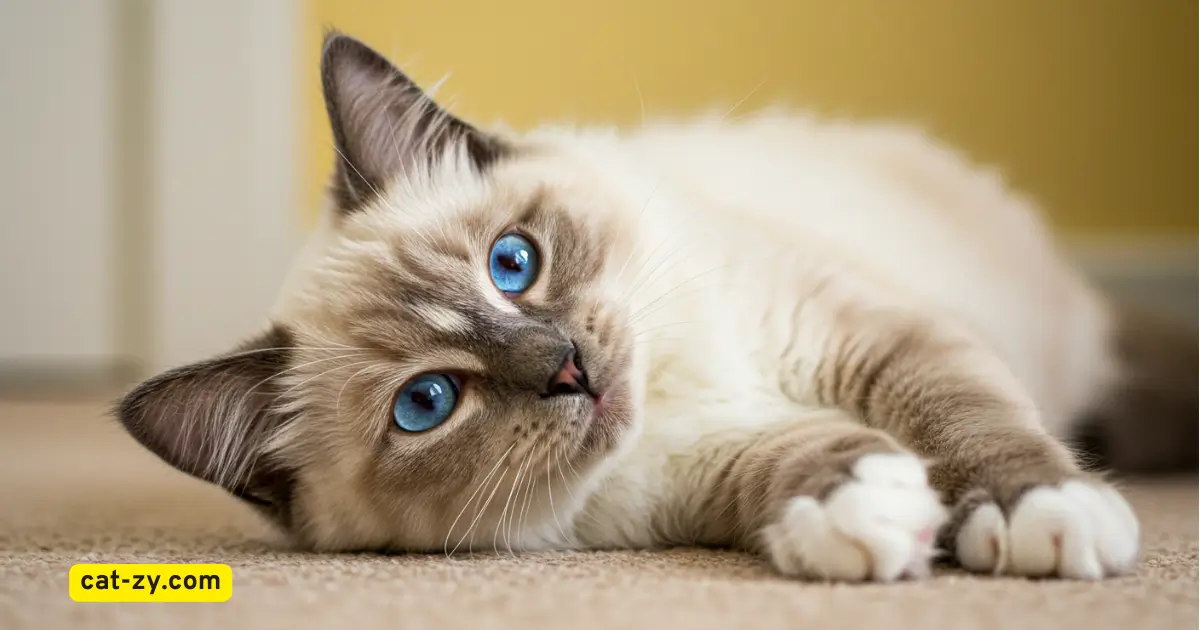Savannah Cat Breeder Secrets: 7 Powerful Facts Every Buyer Should Know
Thinking of getting an exotic pet? Bringing home a Savannah cat is exciting, but knowing the important facts is key.
When purchasing, you seek a robust feline companion from a reliable Savannah cat breeder. With many breeders out there, finding the right one can be tough.
So, it’s crucial to learn the secrets of savannah cat breeders. Here are seven essential facts to help you choose the right pet.
Table of Contents
The Fascinating World of Savannah Cats
The Savannah cat represents a unique combination of untamed and domesticated feline characteristics. They have unique characteristics that make them stand out. This sets them apart from other domestic breeds.
Origin and Development of the Breed
The Savannah cat breed started in the 1980s. This breed originated through the hybridization of house cats with Servals, wild felines native to Africa. This mix aimed to bring the Serval’s exotic looks to a domestic cat. Currently, these cats are recognized for their distinctive appearance and dynamic temperament.
Why Savannah Cats Have Become So Popular
Savannah cats are loved for their unique looks and the idea of having a “wild” pet. Their distinctive markings and intelligence make them popular among cat lovers.
What Makes Them Different from Regular Domestic Cats
Savannah cats possess heightened activity levels and inquisitiveness compared to conventional house cats. They need more stimulation and exercise. This characteristic makes them ideal companions for enthusiastic owners capable of providing consistent stimulation and engagement.
Fact 1: Understanding Savannah Cat Generations and What They Mean
The generation of a Savannah cat is key to its behavior, price, and legal status. Understanding the generational classification is essential when selecting a Savannah cat.
F1 to F5 Classifications Explained
Savannah cats are grouped by generation, from F1 to F5. F1 Savannah cats are 50% serval, making them the most exotic. As you go from F1 to F5, the cat becomes more like a domestic cat.
Here’s a breakdown:
- F1: 50% serval
- F2: 25% serval (F1 Savannah + domestic cat)
- F3: 12.5% serval (F2 Savannah + domestic cat)
- F4: 6.25% serval
- F5: 3.125% serval
Each generation has its own traits. The earlier ones are more exotic, while the later ones are more domesticated.
How Generation Affects Price and Temperament
A Savannah cat’s generation directly influences both its cost and behavioral patterns. Earlier generations (F1-F2) are pricier because of their exotic looks and high-value content. They can be harder to handle because of their wild side.
Later generations (F3-F5) are less expensive and may be more friendly. But the price and temperament can change based on breeding and individual cat traits.
Legal Considerations for Different Generations
Legal rules for owning a Savannah cat differ by generation. Some places have laws about owning exotic cats, especially those with a lot of Servals.
State-by-State Restrictions
In the U.S., laws about Savannah cats vary by state. For example, Massachusetts and Hawaii ban F1 Savannah cats because of their high serval content. Always check your local laws before getting a Savannah cat.
International Ownership Regulations
Internationally, laws about exotic pets are complex. Countries have different rules, and some need special permits. Researching your country’s laws is key before getting a Savannah cat.
Knowing these factors helps you make a smart choice when thinking about a Savannah cat. Always consider the legal, financial, and lifestyle impacts of owning a Savannah cat of a certain generation.
Fact 2: The True Cost of Owning a Savannah Cat
Owning a Savannah cat is more than just the initial cost. You must think about all the expenses to give your pet the best life.
Initial Purchase Price Ranges by Generation
The price of a Savannah cat changes with its generation. F1 generations are the priciest. Prices start at $1,500 for F3 or F4 and can hit $20,000 or more for F1. The generation impacts the cat’s traits and your experience as an owner.
Ongoing Expenses to Anticipate
After buying, there are ongoing costs for a Savannah cat. These include:
Specialized Diet Requirements
Savannah cats need a high-protein diet. This means spending more on cat food. You might need to buy premium or raw food to meet their needs.
Veterinary Care Costs
Regular vet visits, shots, and health issues can raise vet bills. Budgeting for these is key to keeping your cat healthy.
Why Quality Savannah Cats Command Premium Prices
Quality Savannah cats are bred with care, tested, and socialized. Their price reflects the breeder’s investment in their health and temperament. Buying a Savannah cat is a big financial commitment.
Knowing these costs helps you decide if owning a Savannah cat is right for you. It ensures you’re ready for the responsibilities and expenses.
Fact 3: How to Choose a Reputable Savannah Cat Breeder
Looking for a Savannah cat breeder? It’s important to research well. A good breeder will give you a healthy pet and help with care.

Red Flags That Signal Unethical Breeding Practices
Watch out for breeders who:
- Always have many breeds and litters ready
- Don’t let you visit or meet the kitten’s parents
- Don’t offer health guarantees or vaccination records
- They seem more focused on selling than on the cats’ welfare
These red flags suggest bad breeding practices. Be careful around them.
Essential Questions Every Buyer Should Ask
Make sure to ask the right questions to find a good breeder:
- What’s the kitten’s generation, and how does it affect its personality?
- Can I meet the kitten’s parents, and what are they like?
- What health guarantees and support do you offer?
These questions help you understand the breeder’s quality and care.
The Importance of Breeder Certifications and Associations
Certifications from groups like TICA (The International Cat Association) are key. They show the breeder follows certain standards and ethics.
TICA Registration Significance
TICA certification demonstrates a breeder’s commitment to breed standards and responsible breeding practices. It means the cats are registered and the breeder follows TICA’s ethics.
Breeder Ethics Standards
Responsible breeders prioritize the physical health, mental wellness, and temperamental development of their cats. They’re open about the kitten’s background, health, and any issues. Choosing a certified breeder supports responsible breeding.
By doing your homework, you can find a reputable Savannah cat breeder. They’ll give you a healthy, well-adjusted kitten.
Fact 4: Health Testing and Genetic Screening Essentials
When you buy a Savannah cat, their health and genetic screening are key. These cats, being a mix of domestic and wild cats, might face health problems not seen in regular cats. Getting health tests and genetic screening from a good breeder is vital for your cat’s well-being.
Common Health Issues in Savannah Cats
Savannah cats can get health problems from their wild side. They might have hypertrophic cardiomyopathy, a serious heart issue, or patellar luxation, a kneecap problem. Good breeders test their cats for these issues to lower the risk of passing them on.
Documentation You Should Receive Before Purchase
Before you buy a Savannah cat, you should get all the health records. This includes vaccination and health check records and genetic test results. Make sure the breeder offers a health guarantee for certain health issues for a set time.
Vaccination and Health Guarantee Standards
Vaccinations for Savannah cats are like those for regular cats but with extra care. Your breeder should show you a vaccination plan and follow health guarantee rules. Knowing the health guarantee is important, as it shows the breeder’s promise to their cats’ health.
Understanding Health Guarantees
A health guarantee is a deal between you and the breeder. It promises the cat is healthy when sold. Read the health guarantee well to know what’s covered and for how long.
Genetic Testing for Hybrid Cats
Genetic testing is key for breeding Savannah cats. It spots genetic problems that could affect their kittens. Ask your breeder about the genetic tests they’ve done on their cats and what the results are. This info helps understand your cat’s health potential.
Fact 5: The Reality of Savannah Cat Temperament and Behavior
Savannah cats are a special mix of wild and domestic traits. Their behavior is shaped by their wild roots and home life. This makes them stand out as pets.
Temperament Differences Between Generations
The generational level of a Savannah cat influences its behavioral characteristics. Early-generation savannahs (F1-F2) are more lively and wild. Later generations (F3-F5) are more tame but still have some wild traits.
Early-generation savannahs need owners who are experienced. They have lots of energy and complex needs.
Socialization Requirements and Timeline
Socializing a Savannah cat is key to their happiness. Early socialization from 2 to 14 months helps them feel confident around people and pets. A well-socialized cat is friendly and outgoing.
Make sure to socialize with your cat regularly. This includes exposing them to different places and using positive training.
Managing Expectations for Wild Traits
Savannah cats keep some wild traits, like hunting and lots of energy. You need to manage these traits with enough exercise and play.
Vocalization Patterns
Savannah cats make unique sounds, from chirps to meows. Knowing what they say helps you bond with them.
Energy Levels and Play Requirements
Savannah cats are very active and need lots of play. Provide them with varied playthings and engage in mentally stimulating activities.
Understanding your Savannah cat’s unique personality and needs helps you have a great relationship with them.
Fact 6: Special Housing and Environmental Needs
Savannah cats require specialized attention due to their hybrid nature, combining wild and domestic genetics. They have unique needs to stay healthy, happy, and safe.
Space Requirements for Different Generations
The spatial requirements for a Savannah cat vary according to its generational classification. Early generations (F1-F2) need more room because of their wild blood. They need big areas to move and play.
Later generations (F3-F5) can do with less space but still need room to play. A big living area or a safe outdoor space is best.
Enrichment Essentials for Mental Stimulation
Mental stimulation is key for Savannah cats. They need toys, scratching posts, and climbing spots to stay active. Toys that mimic prey help them hunt.
Change toys often to keep them from getting bored.
Escape-Proofing Your Home and Yard
Savannah cats are very agile and curious. They can easily escape. Ensure all entry points, including windows and doors, are properly secured.
Think about putting up cat-proof barriers. For outdoor areas, a strong, escape-proof enclosure is a must.
Vertical Space Considerations
Savannah cats love to climb. Giving them vertical space with cat shelves or climbing structures is good. It lets them exercise and watch the world.
Outdoor Enclosure Options
If you can, an outdoor enclosure is a great way for Savannah cats to enjoy the outdoors. The enclosure should be safe and keep out the weather.
Fact 7: What Savannah Cat Breeders Won’t Tell You About Ownership Challenges
Thinking about getting a Savannah cat? It’s crucial to know the ownership challenges breeders might not share. These cats are stunning and full of energy. But there are some hurdles you should be ready for.
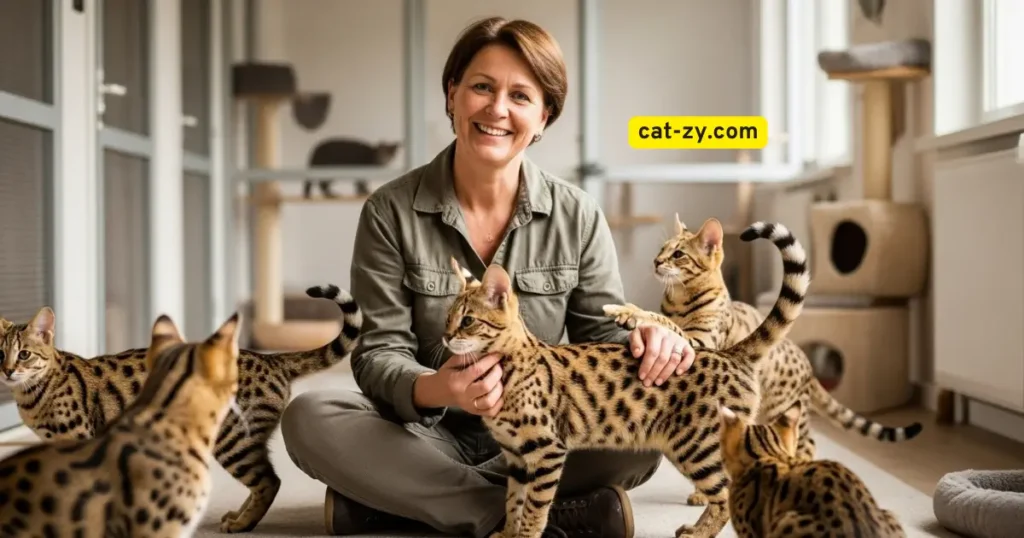
Training Difficulties Unique to Hybrid Cats
Savannah cats are smart and lively, but training them can be tough. You’ll need to work hard to create a training plan that fits their needs. Patience and persistence are key to teaching them to listen and behave well.
Social Dynamics with Other Pets
Bringing a Savannah cat home can be tricky. Their hunting instinct and high energy might upset smaller pets. It’s important to socialize your Savannah cat from an early age to avoid problems.
Long-Term Commitment Considerations
Getting a Savannah cat means making a big commitment. They can live up to 15-20 years. You’ll need to plan for their changing needs, like food, exercise, and vet visits.
Lifespan and Aging Care
As your Savannah cat gets older, their care will change. You might need to adjust their diet and living space. Also, you’ll have to manage health issues that come with age.
Finding Specialized Care Providers
Savannah cats need special care, especially at the vet. You might have to look for a vet who knows about exotic breeds. Research local care providers before bringing a Savannah cat home to ensure you have the right care.
The Savannah Cat Breeder Selection Process: What to Expect
To get a healthy, well-socialized Savannah cat, knowing the breeder selection process is key. This process prepares you for the responsibilities and ensures you work with a reputable breeder.

Typical Waiting Periods and Why They Exist
Good Savannah cat breeders have waiting lists because these cats are in high demand. Waiting periods can last from several months to over a year. This time is crucial for socialization and health checks.
Deposit and Payment Structures
The majority of Savannah cat breeders require a non-refundable deposit to reserve your position. You’ll pay the rest when the kitten is ready. Knowing what the payment covers is important. Some costs include initial vaccinations or spaying/neutering.
Contract Terms to Review Carefully
A good breeder has a detailed contract. The contract encompasses health warranties, sterilization requirements, and occasionally breeding privileges or return conditions. It’s essential to thoroughly examine these conditions to comprehend both your obligations and the breeder’s commitments.
Breeding Rights Considerations
If you want to breed your Savannah cat, the contract will outline the rules. This includes requirements for registration, health testing, and sometimes, limits on the number of litters.
Return Policies
A responsible breeder has a return policy. This lets you return the cat if you can’t care for it. Knowing the policy’s terms and conditions is vital.
Preparing Your Home for a Savannah Cat
Getting your home ready for a Savannah cat is key for a smooth transition. It’s not just about a comfy spot to sleep. It’s about making a space that meets their special needs and energy.
Essential Supplies and Equipment Checklist
Before your Savannah cat arrives, gather the right supplies. You’ll need a strong cat carrier, a top-notch cat tree, and toys that can handle their play. Also, make sure there’s a cozy spot for them to rest and hide.
Creating a Safe Introduction Environment
Introducing your Savannah cat to their new home should be done slowly. Start by keeping them in one room. This lets them get used to the space without feeling too much.
Integrating with Other Pets and Family Members
Introducing your Savannah cat to others needs patience and planning. Start by allowing them to become familiar with each other’s scents and vocalizations prior to direct contact.
Children and Savannah Cats
Teaching kids how to gently and respectfully play with your Savannah cat is crucial. Always watch over their interactions to keep everyone safe and happy.
Multi-Pet Household Considerations
Introducing a Savannah cat into a multi-pet household demands additional consideration and planning. Watch how they interact closely. Be ready to step in if needed to keep peace among your pets.
Conclusion
Buying a Savannah cat is a big decision. It needs careful thought. Learning about a savannah cat breeder’s secrets helps you understand the process better.
Knowing about the different generations and their traits is important. Also, getting your home ready and knowing the challenges of caring for a Savannah cat are crucial. It’s vital to choose a reputable breeder who focuses on health, genetics, and socialization.
Researching and knowing the secrets of savannah cat breeders makes the transition smoother. With the right knowledge, you can have a great experience with your Savannah cat. You’ll be able to give them the care they need to live happily.
FAQ
What is a savannah cat, and how is it different from a regular domestic cat?
A Savannah cat results from the crossbreeding of domestic cats with Servals, African wild cats. They distinguish themselves through their remarkable appearance and vibrant personality traits. This makes them different from regular domestic cats.
How do I choose a reputable Savannah cat breeder?
Look for red flags like unethical breeding. Ask about the cat’s health and lineage. Also, check for breeder certifications like TICA registration.
What are the different generations of savannah cats, and how do they affect the cat’s price and temperament?
Savannah cats are categorized into generations (F1 through F5) according to their serval lineage percentage. The generation impacts the cat’s price, personality, and legal status. Earlier generations are more exotic and pricey.
What are the ongoing expenses associated with owning a Savannah cat?
Ongoing costs include a special diet and vet care. You might also need to spend on enrichment activities and making your home and yard safe.
How do I prepare my home for a Savannah cat?
First, get the necessary supplies. Then, create a safe space for the cat’s introduction. Also, think about how the cat will fit with your family and other pets.
What are the common health issues in Savannah cats, and how can I ensure my cat’s health?
Health issues include genetic problems and infections. Keep your cat healthy by getting the right documents, following vaccination rules, and understanding health guarantees and genetic tests.
Can I own a Savannah cat in my state or country?
Laws on owning savannah cats vary by state and country. Check local laws and understand the legal aspects of different generations before buying.
How do I manage the training and social dynamics of a Savannah cat with other pets?
Training a Savannah cat needs patience and understanding of their unique traits. Managing their social interactions with other pets can be tough. Introduce them slowly and carefully.

